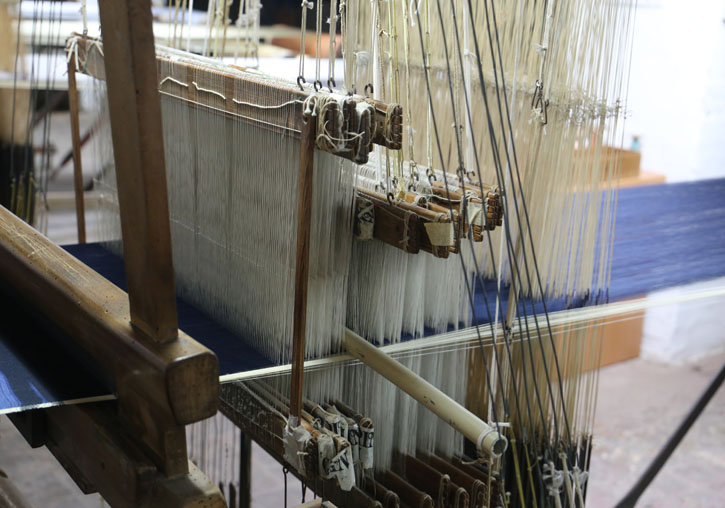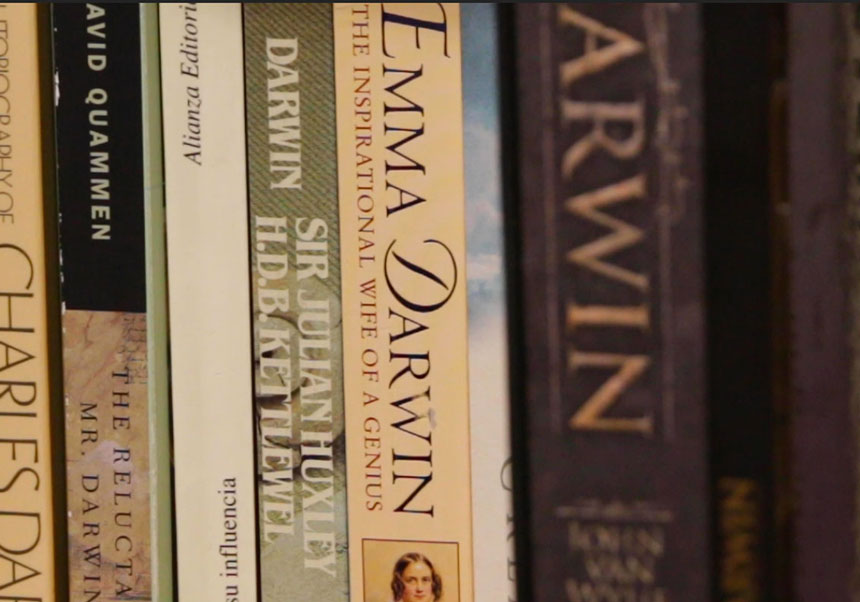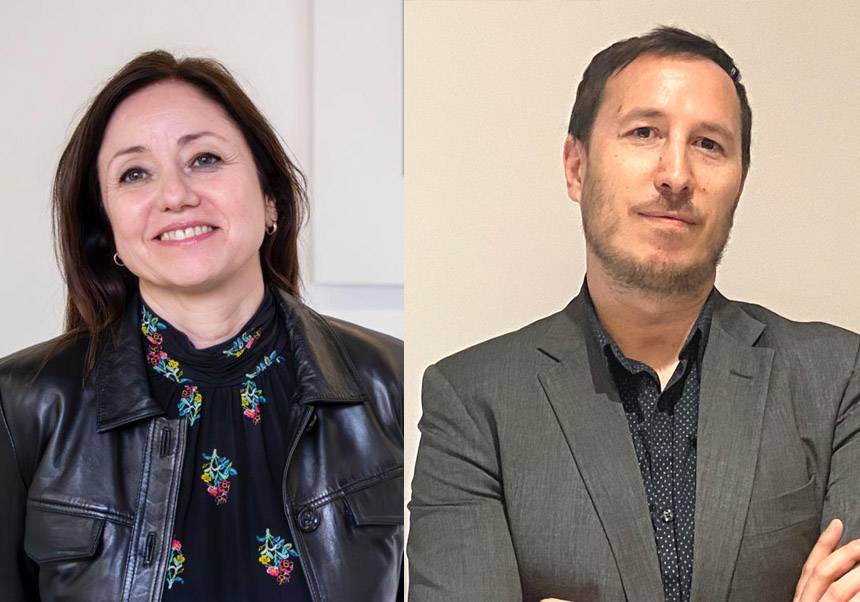SILKNOW, a silk heritage dissemination project coordinated by the University of Valencia, wins the Europa Nostra Award in research
- Scientific Culture and Innovation Unit
- June 30th, 2022

The Horizon 2020 SILKNOW project, coordinated by the University of Valencia and with the aim of improving the understanding and conservation of the European heritage of silk, has been awarded the Europa Nostra 2022 Award in the research category. The distinction recognises excellence and good European practices in heritage matters. SILKNOW is one of the 30 selected initiatives in 18 countries that the public can vote from mid-August to mid-September to choose the winning action of the Audience Award, valued at 10,000 euros and to be announced on September 26 in Prague.
Between 2018 and 2021, SILKNOW produced digital tools beyond current technologies to improve the understanding and conservation of Europe’s silk heritage. The project, coordinated by a team from the ARTEC group of the Institute of Robotics and Information and Communication Technologies (IRTIC), directed by Marcos Fernández, together with the Department of Art History of the Faculty of Geography and History, directed by Ester Alba, applied next-generation information and communication technology (ICT) research to meet the needs of users in various fields, such as museums, education, tourism, and cultural and creative industries.
The Europa Nostra Awards or European Heritage Awards are convened by the Europa Nostra association, the largest and most representative heritage network in Europe, founded in 1963, present in more than 40 countries and with close relations with the European Union, the Council of Europe, UNESCO and other international organisations.
The jury pointed out: “SILKNOW has created an innovative system to facilitate the transfer of knowledge about silk weaving. It represents an important example of how craftsmanship, and therefore intangible heritage, can be linked to digital tools and how these can be used to democratise access to technical knowledge”. In addition, he highlights the project’s machine learning thesaurus that “is especially interesting and has the potential to be applied in other research areas”.
Silk was an important factor in technological progress in Europe, as it allowed the exchange of ideas and fuelled innovation. Punched cards were first used on Jacquard silk looms, long before modern computers were imagined, while the Western Silk Road, a network of production and market centres, connected countries around the continent.
The project helps preserve the intangible heritage of ancient weaving techniques by using pre-existing digitised information on silk to study, display and preserve digital silk collections. Users can access the collections through an exploratory search engine, space/time maps, and visual and tangible 3D simulations. This broad approach is possible thanks to the close collaboration of a multidisciplinary team with extensive experience.
Ceremony
The award ceremony will take place on September 26 at the Prague State Opera as part of the European Heritage Awards, which take place at the European Summit of Cultural Heritage 2022, from September 25 to 27. The winning initiatives have been selected by heritage specialists from all over Europe, after evaluation by independent selection committees of the applications submitted by organisations and individuals from 36 European countries.
The event was attended by the European Commissioner for Innovation, Research, Culture, Education and Youth, Mariya Gabriel, and the Executive President of Europa Nostra, Professor Hermann Parzinger. Gabriel congratulated all the awarded initiatives “for the exceptional quality of their work and for being open to innovation. 2022 is a special year as we celebrate the 20th anniversary of the EU Prize for Cultural Heritage, which has become the most prominent accolade for the European heritage community”.
In SILKNOW, in addition to the University of Valencia, GARIN 1820 S.A. has also participated. and the Cervantes Institute (both from Spain); Centre National de la Recherche Scientifique - Lyon 2 and EURECOM (France); Università degli Studi di Palermo (Italy); Institut Jožef Stefan (Slovenia); Gottfried Wilhelm Leibniz Universität Hannover (Germany) and Monkeyfab (Poland).
















